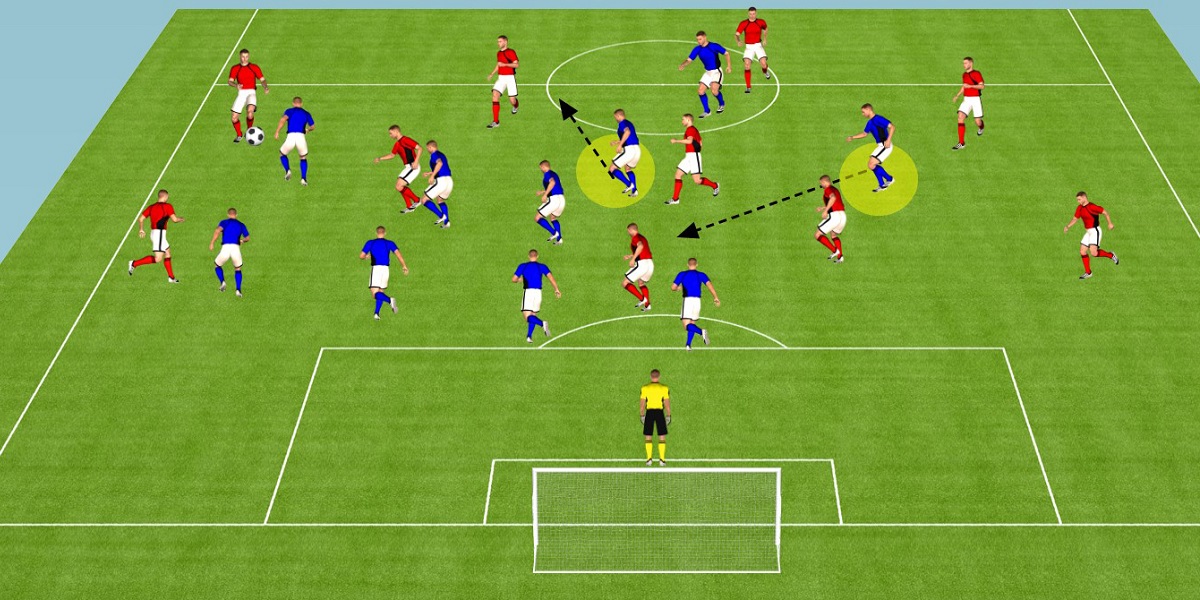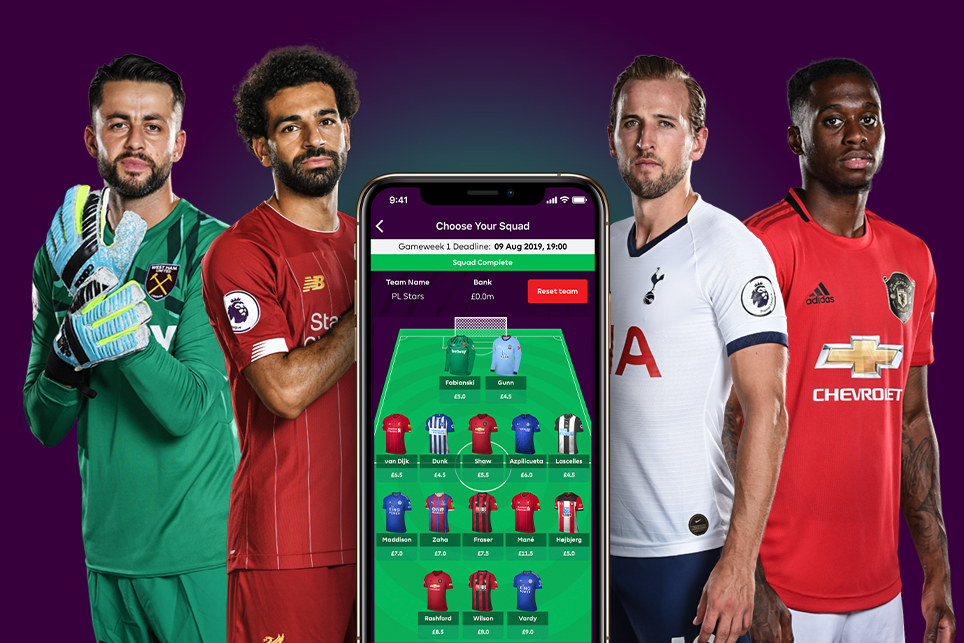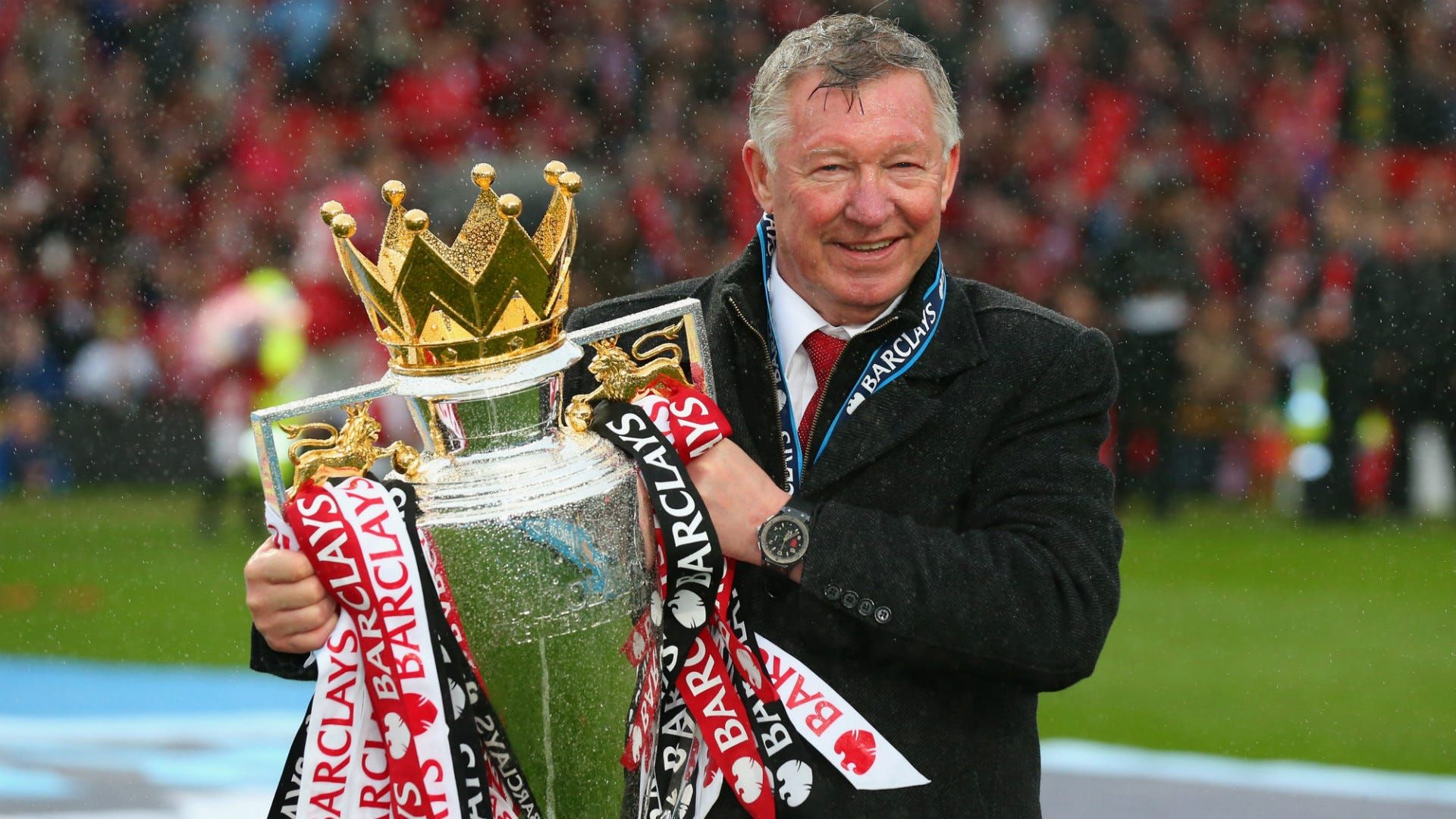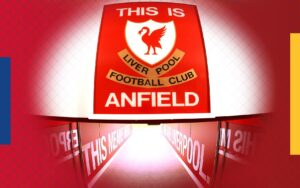Quels prix pour nos stars FPL en 2025-2026 et comment devez-vous vous y préparer ?
Chers managers, L'heure n'est plus à la rêverie, mais à l'anticipation. Comprendre et anticiper les…
Les champions d’Angleterre
Liverpool champion d’Angleterre 2024/25 : le retour du roi C’est officiel : Liverpool est de nouveau champion de…
Un entraîneur à la dérive ?
Pep Guardiola menace de quitter City si l'effectif devient trop large C’est une déclaration qui…
Acheter malin construire une équipe qui monte en puissance
Joueurs premium ou équipe équilibrée ? Le dilemme des managers Chaque saison de Fantasy Premier…
Les blessures
Les blessures qui ont tout changé en Fantasy et en Premier League Chaque saison, les…
Zoom sur les cracks de demain
Les révélations de la saison : les jeunes talents qui ont marqué 2024/25 La Premier…
Comment choisir ton capitain pour la gameweek
Les choix de capitaines qui ont fait la différence en 2024/25 La saison 2024/25 de…
Le départ d’une légende
Kevin De Bruyne : un adieu émouvant à l'Etihad et la fin d’une époque C’est…
L’histoire de la Premier League
L’Histoire de la Premier League : De ses débuts à l’empire du football moderne La Premier…
















